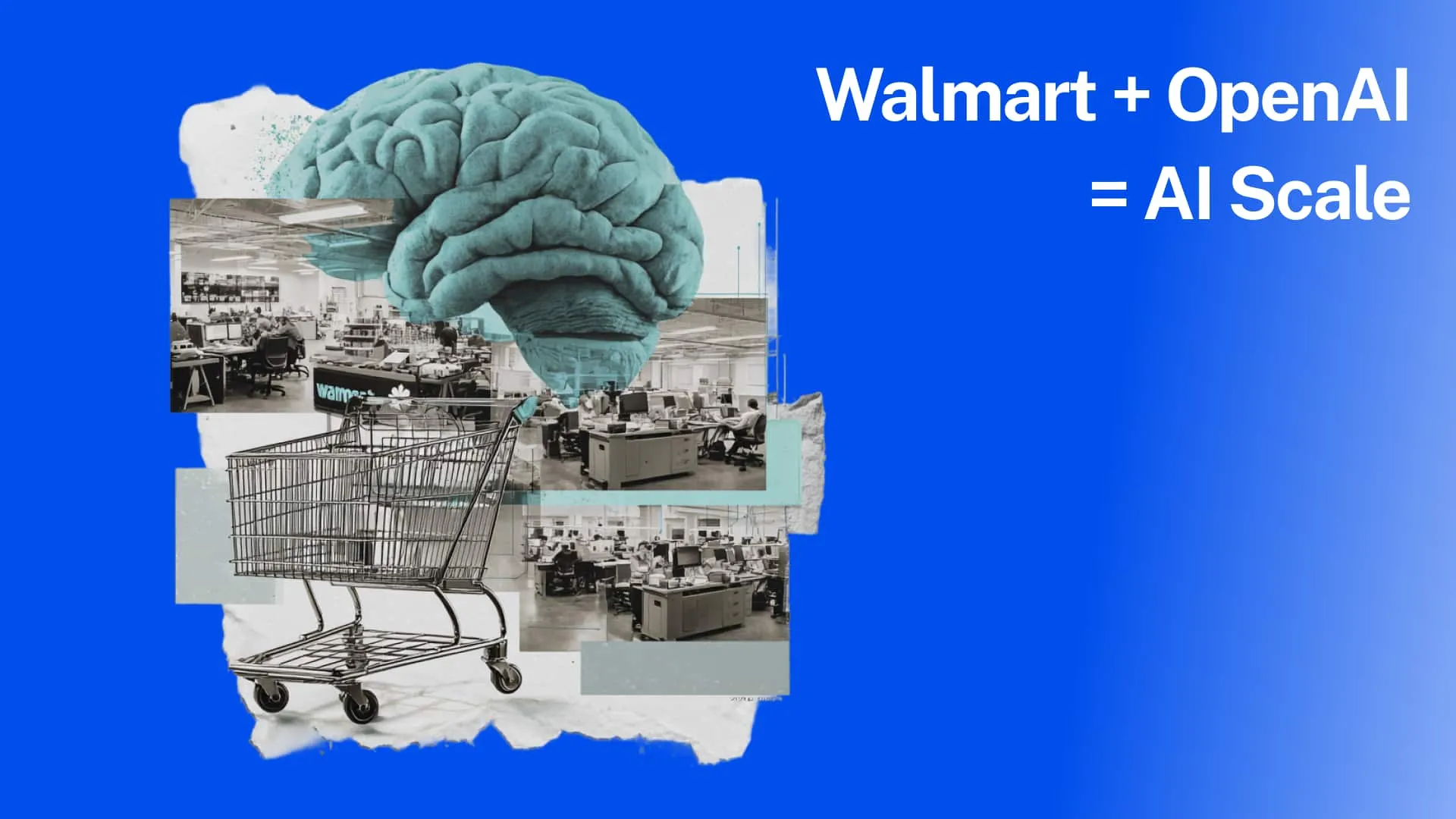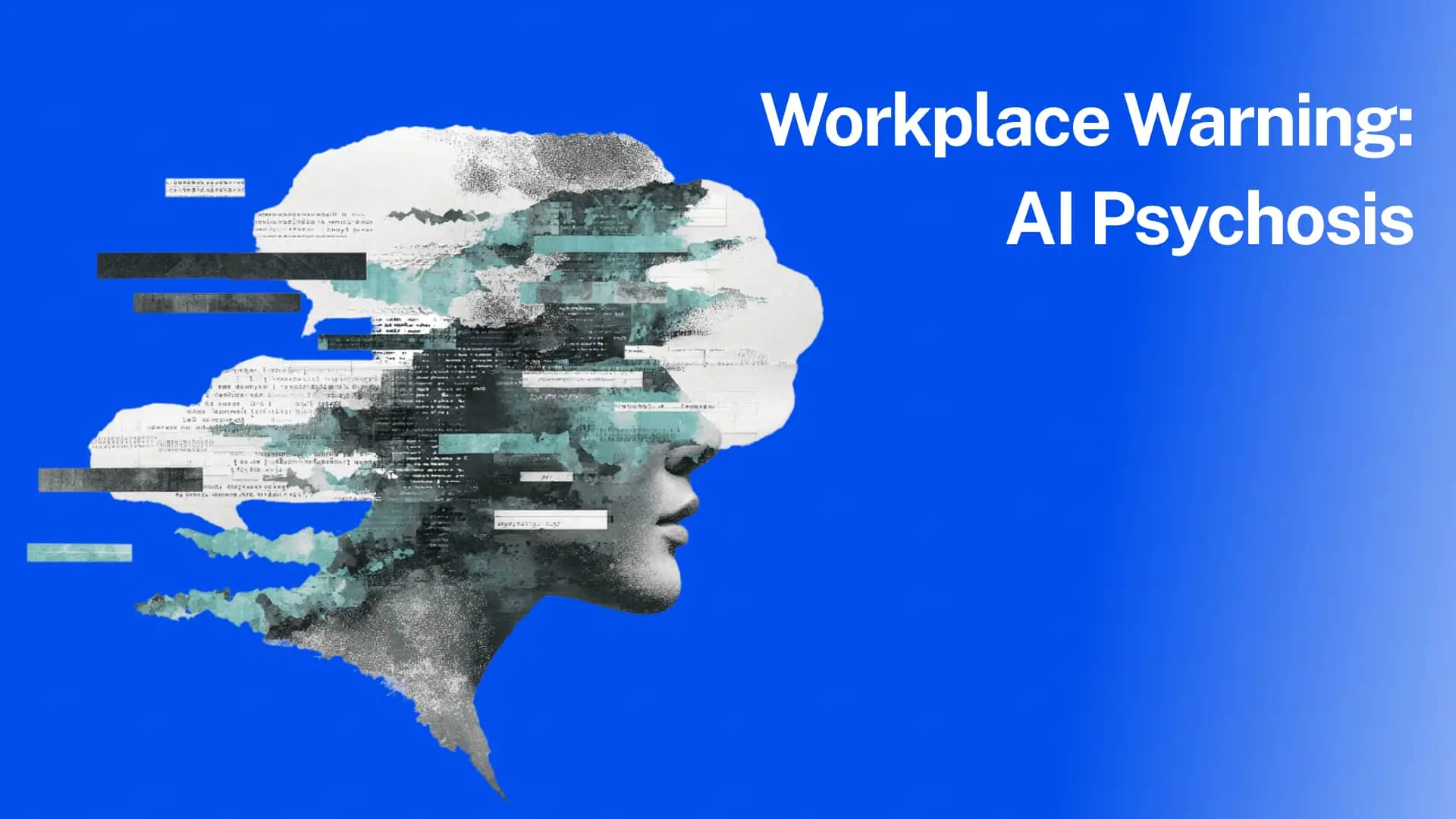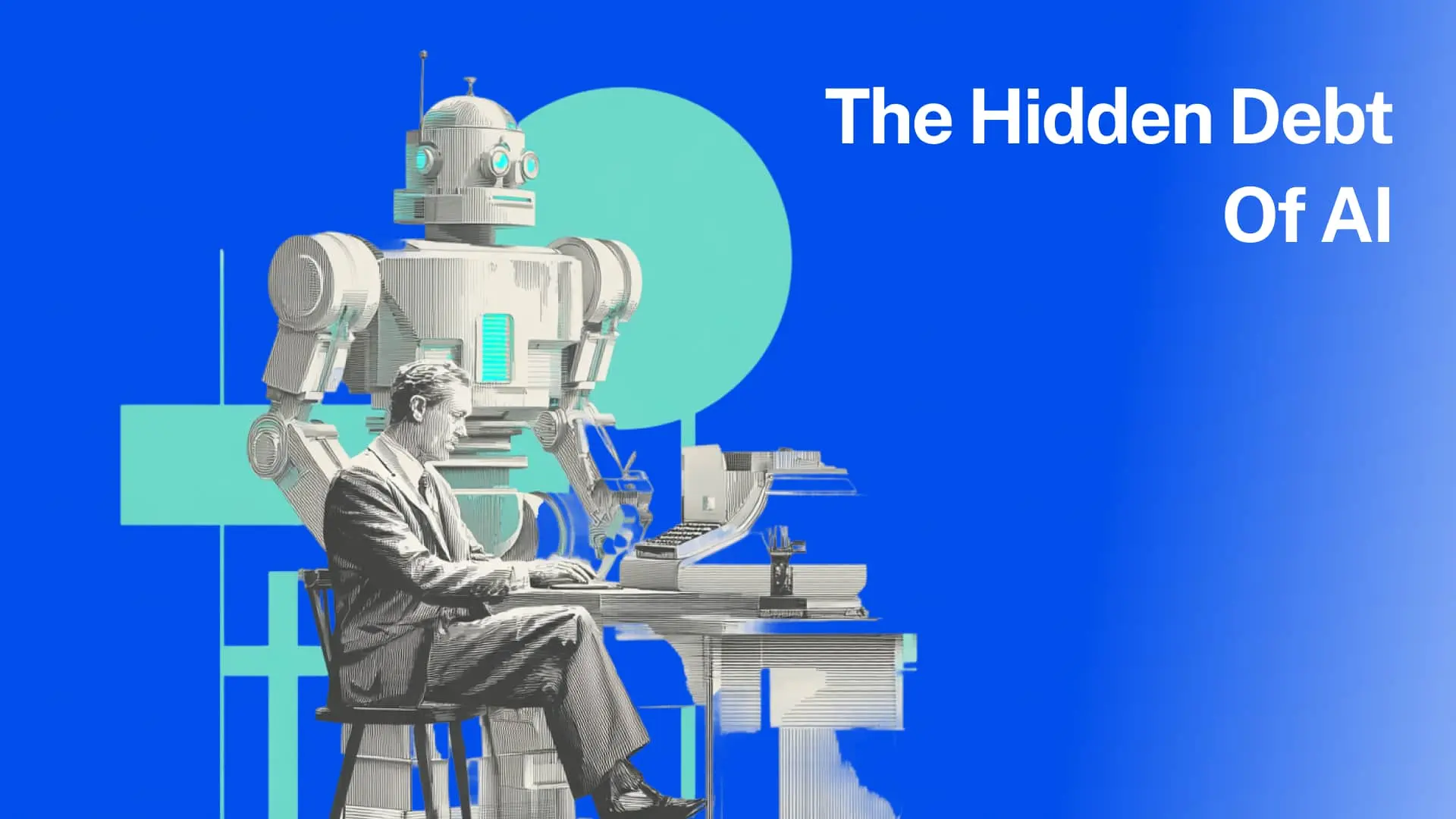
This week, Apple launched “Vision Pro.” While marketing materials describe it as a “Spatial Computing” solution, we all know it’s a virtual reality headset.
Looking like a pair of expensive ski goggles, the Vision Pro allows wearers to see the real world overlaid with virtual imagery and applications.
And yes, other VR headsets like Meta Quest also promised or even partially delivered this, but as Casey Neistat said in his video where he takes Vision Pro for a spin:
“The idea that I can have a whole digital world that exists in the real world, that feels bigger than AR or VR. I have the Oculus, but it feels like toy, whereas this feels like a glimpse into the future of what computing could be like.” – YouTuber Casey Neistat
Technically speaking, the Vision Pro houses several impressive ingredients:
- A continuous front panel that wraps around the Vision Pro wearer’s eyes, acts as a lens and conceals a fan that draws air through the headset to cool the electronics.
- A “light seal” — magnetically attached to the headset — to keep ambient light from leaking in.
- Two displays, one for each eye, with 23 million pixels across both. A custom 3D lens ensures that the UI always remains in view.
- Optionally, you can order magnetic lenses for prescription wearers, which Apple created in partnership with Zeiss.
- Built-in earbuds that project audio onto your ears, supporting high-end Dolby Atmos and lossless audio.
- An external OLED panel that displays your eyes and face, recorded by internal cameras (I know, wild!)
- A button and digital crown, similar to the Apple Watch for fine-tuning, navigation, and calibration.
- A band that can be easily swapped out for one of several included in the box.
How Does the Apple Vision Pro Work?
So, with all this impressive tech, how does the Apple Vision work?
Well, without oversimplifying things, it’s a bunch of sensors:
Infrared cameras inside the Vision Pro track your eyes while downward-facing cameras on the outside track your hands, and Lidar sensors detect objects and people around the Vision Pro in real-time.
This sensing allows the Apple Vision Pro to overlay the virtual world onto the real world.
And by doing so, it allows you to see a crisp picture of a movie you’re watching, a game you’re playing, or a chat you have going on as if it was projected into your office or living room.
And that you can control all that just by moving your eyes or hands.
As you can see in MKBHD’s demo above, you don’t have to pinch in front of you like you saw in Minority Report.
Instead, you simply move your hands anywhere you would do naturally, and the Vision Pro will pick it up.
What’s on the Apple Vision Pro?

While Netflix, Spotify, and YouTube are missing, early headset owners can access 3D movies and films, streaming services like Disney+, and 180-degree recordings captured with Apple’s Spatial Audio tech.
Beyond entertainment, the headset launches with over 600 apps natively built for the Vision Pro, including Vision Pro Apps for Work like Microsoft (Word, Excel, PowerPoint, Copilot AI), Adobe (Lightroom and Firefly AI), but also apps like Temu, Uber and Uber Eats, Tinder, Notion, CNN, Washington Post, Reddit, and Discord.
The Vision Pro can also run most iPhone and iPad apps, which can be installed from the App Store (unless developers choose to hide them.)
Apple also created Vision Pro-specific versions of Calendar, Mail, Messages, and FaceTime to help you stay organized and in touch with people while wearing the Vision Pro.
Five Powerful Use Cases for Apple Vision in the Future of Work
So, how can Apple Vision play a role in the happier future of work we desire?
Here are a few thought starters:
1. Your Office, Wherever
Opening up work apps on your Vision Pro means you’ll have a wider canvas to interact with your most common office apps.
In fact, it makes your entire (home) office as big as you want, with endless opportunities to scale up as you wish.
For those practicing remote work, this is a dream. Or rather, now, a $3,500 reality.

Speaking of dreams becoming reality, you can now truly live inside your PowerPoints:

And not just that, you can practice presenting your keynotes as if you were already in your boardroom or on your stage – perhaps helping us calm our public speaking fears.
Another fascinating feature of the Vision Pro is that you can look at your real-life iPhone or Mac, and have its screens extended.

2. Immersive Meetings From Anywhere
One of my 2024 predictions is that technology will create fewer reasons for us to be physically together as it recreates the in-person experience online.
Virtual meetings will feel like real ones when we can interact in mixed-reality experiences like the Apple Vision Pro.
Zoom’s Apple Vision Pro app banks on this future, already offering immersive meeting experiences from wherever you are.

Zoom says that at the latest this year, the app will support real-world pinning, in which you can “pin” up to five Zoom Meeting participants anywhere in your physical space as if they were truly there. (Please, don’t pin your manager in the toilet or fireplace.)
3. Enhanced Creative Collaboration
Imagine designers, architects, or other creative professionals being able to share and manipulate 3D models in real time within a virtual space.
The Vision Pro's spatial computing capabilities allow team members to collaborate in ways that traditional screens cannot.
Teams can work together on a virtual model from different locations, making changes and seeing updates in real-time, speeding up the creative process and making it more interactive and fun.
4. Personalized Learning and Development
With the Apple Vision Pro, training and professional development can be taken to a whole new level.

Employees can participate in interactive, immersive training sessions tailored to their learning preferences.
Whether a virtual workshop on leadership skills or a technical course on coding, the Vision Pro's immersive environment makes learning more engaging and effective.
It takes learning to another level, as Anders Gronstedt writes for Chief Learning Officer:
“Imagine overlaying a digital experience on physical mannequins for medical training or a real cockpit for flight training, blending tactile experiences of physical simulators with a diverse array of virtual scenarios.”
This personalized approach can increase employee satisfaction and retention by engaging in their growth more.
And as Kyle Wiggers writes for TechCrunch, this particular use case is already driving up analytics sales predictions and VC investments in the sector:
"Morgan Stanley declared that the Vision Pro is “ripe for enterprise adoption,” particularly uses cases like virtual simulations, digital showrooms, remote training virtual marketing and “in-field remote break/fix.” The enterprise opportunity “could become much larger than is currently expected,” Morgan Stanley forecasts that Apple’s headset business will “conservatively” ramp up to $4 billion per year in revenue after four years."
5. Mindfulness and Wellness at Work
The Vision Pro could offer a unique way to integrate wellness practices into the workday.
With apps like Haelium, employees could take short breaks to engage in guided meditation sessions, experience calming virtual environments, or participate in light physical activities to reduce stress.

The difference from our current tech is that a headset like this can truly take you away to a different place – or dimension.
Apple’s Mindfulness app lets users focus on the present through breathing and reflection. The app offers guided meditations or self-guided sessions.

These wellness experiences, accessible without leaving the desk, could help maintain mental health, reduce burnout, and promote a happier and more productive work environment.
I’m Tempted, But Why is it so EXPENSIVE?
And yes, the Vision Pro is more expensive than most Apple products.
That is until you realize it's a first-of-its-kind product and compare it with the price of the $2,500 Macintosh from 40 years ago ($7,300 in today’s prices)
Then, the Vision Pro seems like a good deal at $3,500.

The Bottom Line
Whether it’s this very first version of the Vision Pro or one of its successors or competitors, tech like this will help create immersive experiences that let us work differently.
Opportunities to expand our creative canvas, meet people from anywhere, and build better wellness habits all lead to opportunities for a happier future of work.
That’s a pretty good vision.
– Daan











